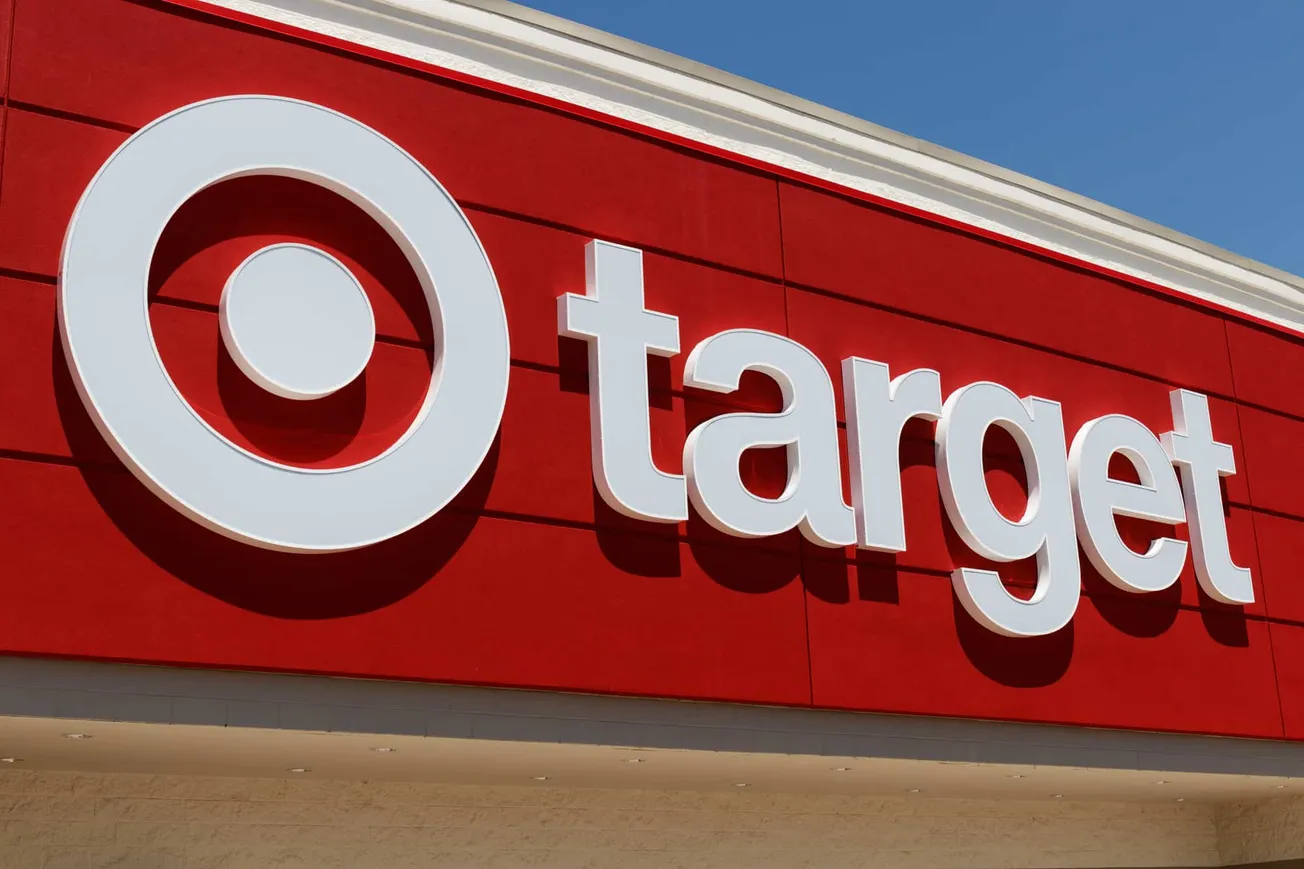MATTHEWS, N.C. — The uncertainty hanging over the dollar store sector for the past year began to lift January 22 when Family Dollar Stores Inc. shareholders voted to accept Dollar Tree Inc.’s cash-and-stock offer that valued Family Dollar at $8.7 billion.
The uncertainty hanging over the dollar store sector for the past year began to lift January 22 when Family Dollar Stores Inc. shareholders voted to accept Dollar Tree Inc.’s cash-and-stock offer that valued Family Dollar at $8.7 billion.
The vote put an end to Dollar General Corp.’s competing bid of $80 a share, meaning that Family Dollar’s shareholders left about $400 million on the table when they followed management’s recommendation and cast votes that tallied a shade under 89% in favor of Dollar Tree’s bid.
The vote also laid to rest Dollar General’s vision for a value channel counterweight to the influence of Walmart in an era when small-box stores are gaining favor with consumers seeking easier, faster and more convenient shopping.
Dollar General’s chairman and chief executive officer, Rick Dreiling, characterized the vote to approve the union of Family Dollar and Dollar Tree as "a loss not only for Family Dollar shareholders but also for consumers across the country who will not have the opportunity to benefit from the cost savings and efficiencies that we believe would have been created by a merger between Dollar General and Family Dollar."
Because of their similar business models, a tie-up between Dollar General and Family Dollar would have created the second-largest retailer for nearly every consumer packaged goods company in the United States, with up to 20,000 stores and $28 billion in annual sales.
The Dollar Tree/Family Dollar union will encompass 13,000 stores employing 145,000 people and generating $18 billion in sales.





